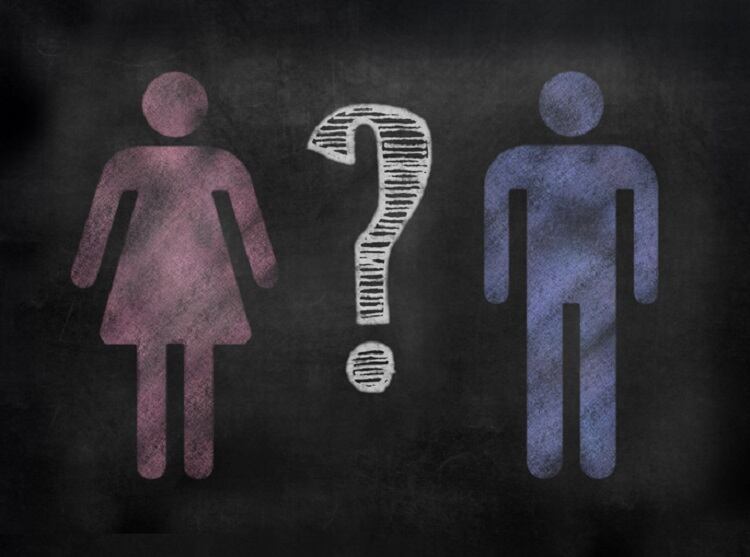Gender equality is the fifth agenda listed under the United Nations (UN) Sustainable Development Goals (SDGs).
The UN SGDs (available here) make up an intergovernmental agenda of 17 goals with 169 targets, which are a core part of the UN 2030 Agenda for Sustainable Development. Targets in the food sector’s remit include ending hunger, promoting health and education, climate change, responsible production consumption, economic growth, and gender equality.
For the food and drink sector, key indicators within this goal cover the ending of all forms of discrimination against women and girls, and ensuring equal opportunities for leadership at all levels of decision-making. This subgoal addresses the proportion of women in managerial positions.
According to market insight-focused Lumina Intelligence, gender equality continues to take a back seat in corporate social responsibility (CSR) objectives.
Having analysed CSR reports from 34 of the largest manufacturers, suppliers and retailers in the food and drink industry, Lumina’s statistics reveal that just 4% of food and drink pledges relate to Goal 5.
Further, this goal has been ranked the 11th most committed against SDG, behind a top ten that includes responsible consumption and production; good health and well-being; life on land; affordable and clean energy; and zero hunger.

The underrepresented C-Suite
The proportion of women in management roles is a key indicator of gender equality in the eyes of the UN, yet according to Lumina’s analysis, women are still underrepresented in the boardroom.
The management teams behind food giants Nestlé, Unilever, PepsiCo, Mars, and Danone, for example, are yet to achieve 50/50 parity.
Lumina also investigated how many CSR reports focused on equal pay in the food and drink industry, with disappointing results.
Just three of the 34 companies analysed make ongoing pledges to pay female staff members equally to men: Nestlé, Tata Global Beverages, and PepsiCo.
“Women account for less than half of managerial positions at most of the top food & drink players. Many companies are committed to increasing the proportion of women in management, but few guarantee pay parity,” sustainability analyst at Lumina Intelligence, Oliver Nieburg, told FoodNavigator.
“Paying equal remuneration for work of equal value is closely aligned with the UN’s aim to end all forms of discrimination against women. Companies can go further to align with the UN targets by committing to equal pay.”
International Women’s Day commitments
Today (8 March) marks International Women’s Day, a global celebration of women’s achievement that encourages society to raise awareness against bias and take action for equality.
Major food and beverage players across the globe have publicised their support of gender equality this week, outlining or updating initiatives that align with the UN Goal 5.
Nestlé, for example, has pledged to increase the number of women in senior executive positions from 20% to 30% by 2022.
Currently, 43% of the food giant’s managerial positions are held by women.
Beyond hiring and promoting more women in senior executive roles, the Gender Balance Acceleration Plan will encourage the use of Nestlé’s paid parental leave programme and flexible work policies, while continuing efforts to “champion equal pay”.
“It is simply the right thing to do,” said Nestle CEO Mark Schneider. “We believe that a more diverse workforce with more women at the top will reinforce our inclusive culture and make Nestle an even better company.
“We are setting measurable goals to hold ourselves accountable. We know that improving gender balance will lead to better decisions, stronger innovation and higher employee satisfaction.”
Unilever, which boasts a management team made of 49% women, took to social media this morning to highlight its commitment to equality.
“Unilever is committed to achieving a balanced workforce,” wrote CEO Alan Jope on Twitter. “Pleased with the progress so far but we still have further to go, particularly in our factories and at our most senior levels.
“As CEO, I am committed to addressing this and I will not rest until we reach 50/50.”
In the US, Archer Daniels Midland Company (ADM) is another firm to have recently pledged commitment to the cause.
On 31 January, the ingredients supplier partnered with Paradigm for Parity – a coalition committed to achieving full gender parity by 2030, with a near-term goal of women holding at least 30% of senior goals.
Other food and drink players to share this commitment include Cargill and The Coca-Cola Company.
“Our commitment through Paradigm for Parity focuses on improved gender balance in our global leadership forum by 2030. We’re well on our way to meeting this target and are confident that we can achieve not just this goal, but a number of others, to ensure we create and maintain a respectful culture in which all colleagues feel included and empowered,” said ADM CEO Juan Luciano at the time.
The food delivery sector is another to have chosen #IWD2019 week to voice its support women in business, with Deliveroo UK launching its ‘Recipe for Success’ initiative yesterday.
The project will offer support to female food entrepreneurs looking to develop a new concept, and ultimately help them launch their business in the UK.
“With this new initiative, we want to support female chefs and entrepreneurs across the country [with] the chance to realise their dreams and ambitions. At Deliveroo we are powered every day by amazing women in every facet of the business,” said Deliveroo CMO Inès Ures.
“We want to see more of this in Britain’s restaurant industry.”




